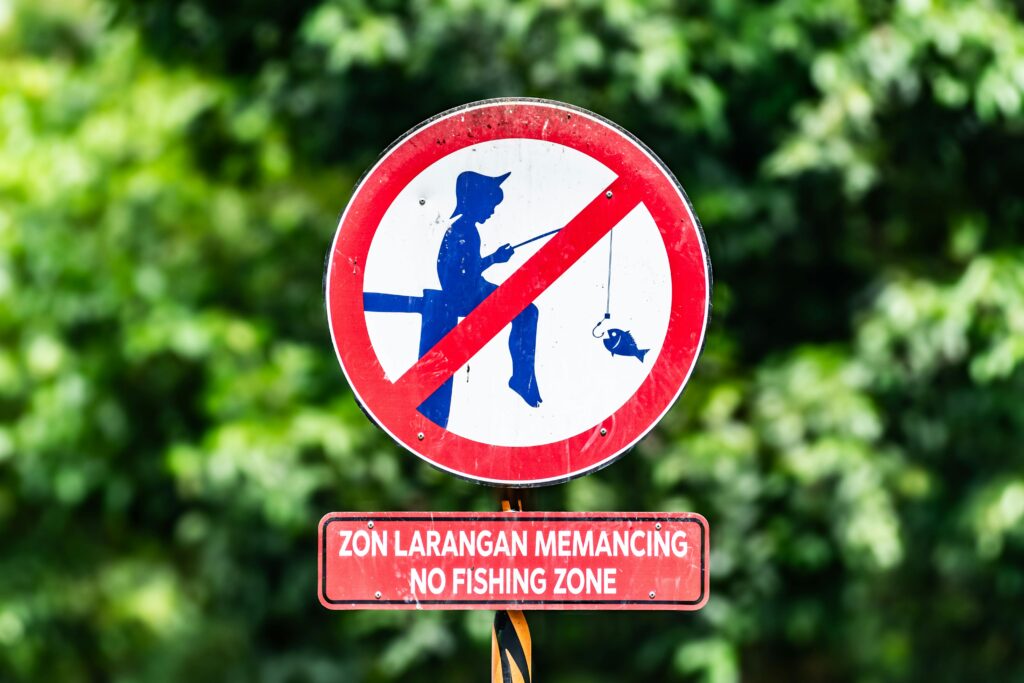
The Tamil Nadu government has officially implemented its annual 61‑day fishing ban starting today, a move aimed at protecting marine biodiversity during the critical breeding season. The ban, enforced under the Tamil Nadu Marine Fisheries Regulation Act, 1983, will see mechanised boats and trawlers docked along the coastal regions from Tiruvallur in the north to Kanyakumari in the south until June 14, 2025.
Overview of the Fishing Ban
The ban is set to cover key fishing zones along the Bay of Bengal, including the Palk Bay and Gulf of Mannar. By halting deep-sea fishing during this period, authorities intend to allow fish stocks to regenerate, boost marine life sustainability, and ensure long-term productivity in the fisheries sector.
- Duration: April 15 – June 14, 2025
- Geographical Coverage: Bay of Bengal, Palk Bay, Gulf of Mannar, spanning the entire Tamil Nadu coast
- Applicable Vessels: All mechanised boats and trawlers (traditional, non-motorised country boats are permitted within a limited range)
Objectives Behind the Ban
Marine Conservation and Biodiversity
The primary purpose of the ban is to provide a safe breeding window for marine species. By suspending mechanised fishing during the peak spawning season, the authorities aim to:
- Enable fish populations to reproduce without interference
- Replenish declining fish stocks
- Support sustainable fishery management practices over the long term
Ecosystem Management
In addition to boosting fish populations, the ban helps protect marine habitats from the disruptions often caused by mechanised trawling. This includes preserving seabed integrity and safeguarding coral reefs and other vital underwater ecosystems.
Economic Impact and Fishermen’s Reactions
Financial Challenges Amid the Ban
While the fishing ban is expected to improve long-term fishery productivity, it poses immediate economic challenges for coastal communities:
- Boat Docking: An estimated 1,500 mechanised boats in coastal hubs like Ramanathapuram and Thoothukudi are now docked, leading to reduced daily catches.
- Price Surge: In major markets such as Kasimedu in Chennai, fish prices have already surged. For example, seer fish is reportedly selling at around Rs 1,000 per kilogram, reflecting a spike in consumer demand and a reduction in supply.
- Compensation Issues: The state government has announced a relief package of Rs 8,000 per fishing family to ease the financial burden during the ban period. However, several fishermen’s associations have called for an increase in financial assistance to Rs 15,000, citing the rising cost of living and the economic challenges posed by the ban.
Community Voices
Fishermen leaders have emphasized the importance of strict enforcement to prevent illegal fishing, especially by vessels from neighboring regions. They have also urged the government to enhance support during this moratorium to cover:
- Maintenance and repair costs for vessels, with many boat owners estimated to spend between Rs two and Rs five lakhs annually for upkeep.
- The need for effective patrolling along the coast through collaboration with the Indian Coast Guard and marine police to curb unauthorized activities.
Enforcement and Future Outlook
Strict Patrolling Measures
To ensure compliance with the ban, state agencies will carry out joint patrolling along the entire coastline. Legal repercussions under the Tamil Nadu Marine Fisheries Regulation Act, 1983, will be enforced against any violators. This strong enforcement is seen as vital not only for marine conservation but also for maintaining fair competition among local fishermen.
Strategic Timing Debate
Some industry experts and fishermen’s welfare associations have raised questions about the timing of the ban. They note that while Tamil Nadu observes this ban from mid-April to mid-June, other coastal regions in India often align their bans with the monsoon season, which may more accurately coincide with peak breeding periods. This discrepancy has sparked ongoing discussions regarding potential adjustments to the ban’s schedule in the future.
Conclusion
The 61‑day fishing ban in Tamil Nadu marks a critical step toward preserving the region’s marine ecology and ensuring sustainable fishery practices. While it provides a long-term solution to overfishing and ecosystem degradation, the short-term economic impacts remain a concern for local fishing communities. Government efforts—ranging from financial assistance to enhanced coastal patrolling—aim to balance conservation priorities with the immediate needs of fishermen.
As the ban takes effect, stakeholders will closely monitor its impact on fish stocks and market prices, providing valuable feedback that could shape future fisheries management policies in the state.